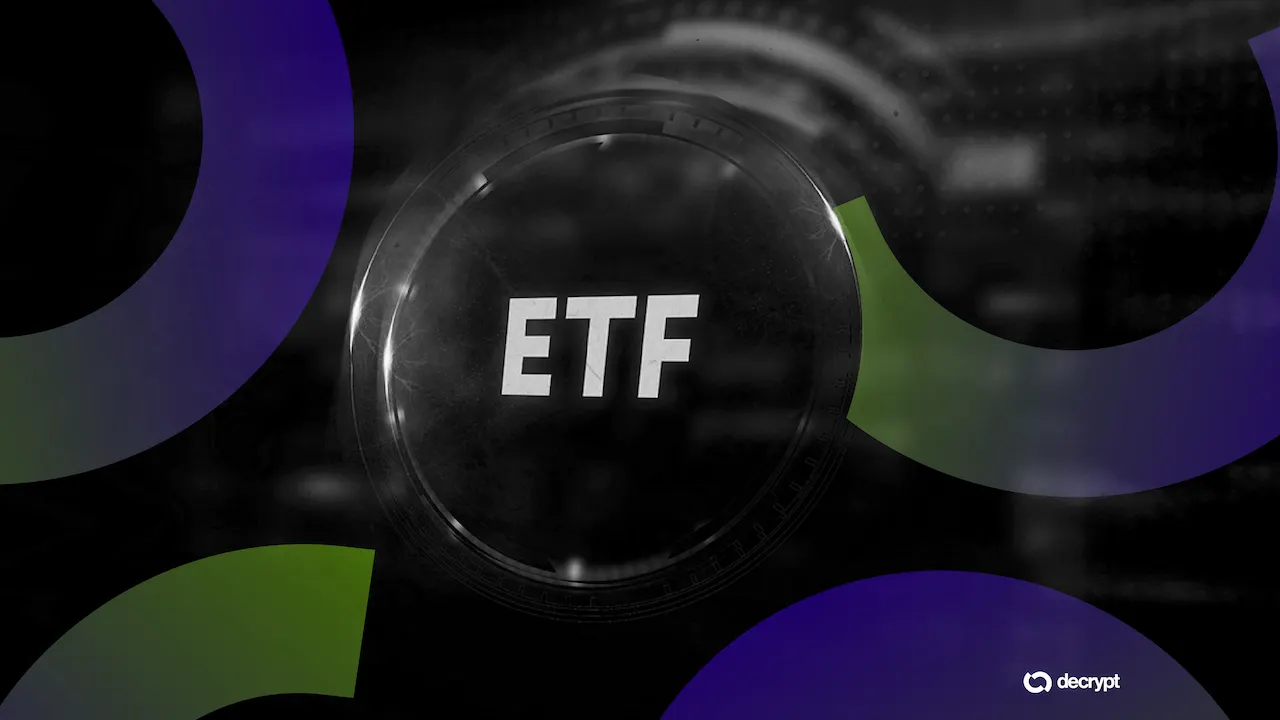Bitcoin and Ethereum ETFs Shed More Than $1.1 Billion Globally Last Week

News Summary
Bitcoin and Ethereum funds saw outflows exceeding $1.17 billion last week, according to a new report from digital asset manager CoinShares, primarily driven by negative market sentiment. BlackRock's iShares Bitcoin and Ethereum funds accounted for $876 million in withdrawals, while Fidelity's Wise Original Bitcoin Fund saw $438 million in outflows. This capital exodus is attributed to ongoing volatility in crypto markets, including an October 10 flash crash, and increasing uncertainty surrounding a December interest rate cut by the Federal Open Market Committee (FOMC). Futures trading indicates a 64.6% chance of a 25 basis point rate cut in December, down from 91.7% a month ago, with Fed Chair Jerome Powell having previously cautioned that a December cut is not a certainty. Historically, Fed rate cuts tend to boost capital flows into riskier assets like equities and digital assets. While U.S. exchanges experienced $1.2 billion in selling, European exchanges in Germany and Switzerland recorded inflows of $41.3 million and $49.7 million, respectively, for ETPs. CoinShares Head of Research James Butterfill noted that ETP trading volumes remained elevated, with a brief recovery mid-week driven by optimism over a potential resolution to the U.S. government shutdown, which proved short-lived. In stark contrast to Bitcoin and Ethereum, altcoin funds, particularly Solana, have shown consistent positive trends. Solana recorded $118 million in inflows last week, accumulating $2.1 billion over the past nine weeks. Other notable inflows included HBAR ($26.8 million) and Hyperliquid ($4.2 million). The Bitwise Solana ETF has maintained steady demand since its October 28 debut, and Canary Capital's HBAR ETF, launched October 27, has already attracted nearly $69 million.
Background
In 2025, global financial markets remain keenly focused on the monetary policy trajectory of major central banks, particularly the U.S. Federal Reserve. Amid persistent inflationary pressures and economic growth uncertainties, market expectations for interest rate cuts have fluctuated significantly, directly influencing the valuation and capital flows of risk assets such as cryptocurrencies. Since 2024, U.S. regulators have approved several spot Bitcoin and Ethereum ETFs, providing institutional and retail investors with more accessible avenues to invest in crypto assets. The introduction of these ETFs initially led to substantial capital inflows into the crypto market but has also made it more susceptible to macroeconomic sentiment and traditional financial market fluctuations. Emerging cryptocurrencies like Solana and HBAR, and their associated financial products, have garnered significant attention in recent years. Their technological innovations and ecosystem development are perceived as offering distinct investment opportunities compared to mainstream cryptocurrencies such as Bitcoin and Ethereum. This is particularly relevant when market sentiment leans conservative, as some investors may seek diversification or bet on alternative assets with unique growth narratives.
In-Depth AI Insights
What is the deeper impact of the fluctuating Fed rate cut expectations on crypto market sentiment? The repeated shifts in Fed rate cut expectations don't just affect short-term risk asset preferences; they more profoundly expose the Federal Reserve's policy dilemma under the Trump administration in balancing inflation and economic growth. While strong market expectations for cuts exist, Powell's cautious remarks and the declining probability of a December cut suggest the Fed may be navigating various pressures, including potential White House influence, to maintain a tougher stance on inflation control. This uncertainty erodes crypto assets'